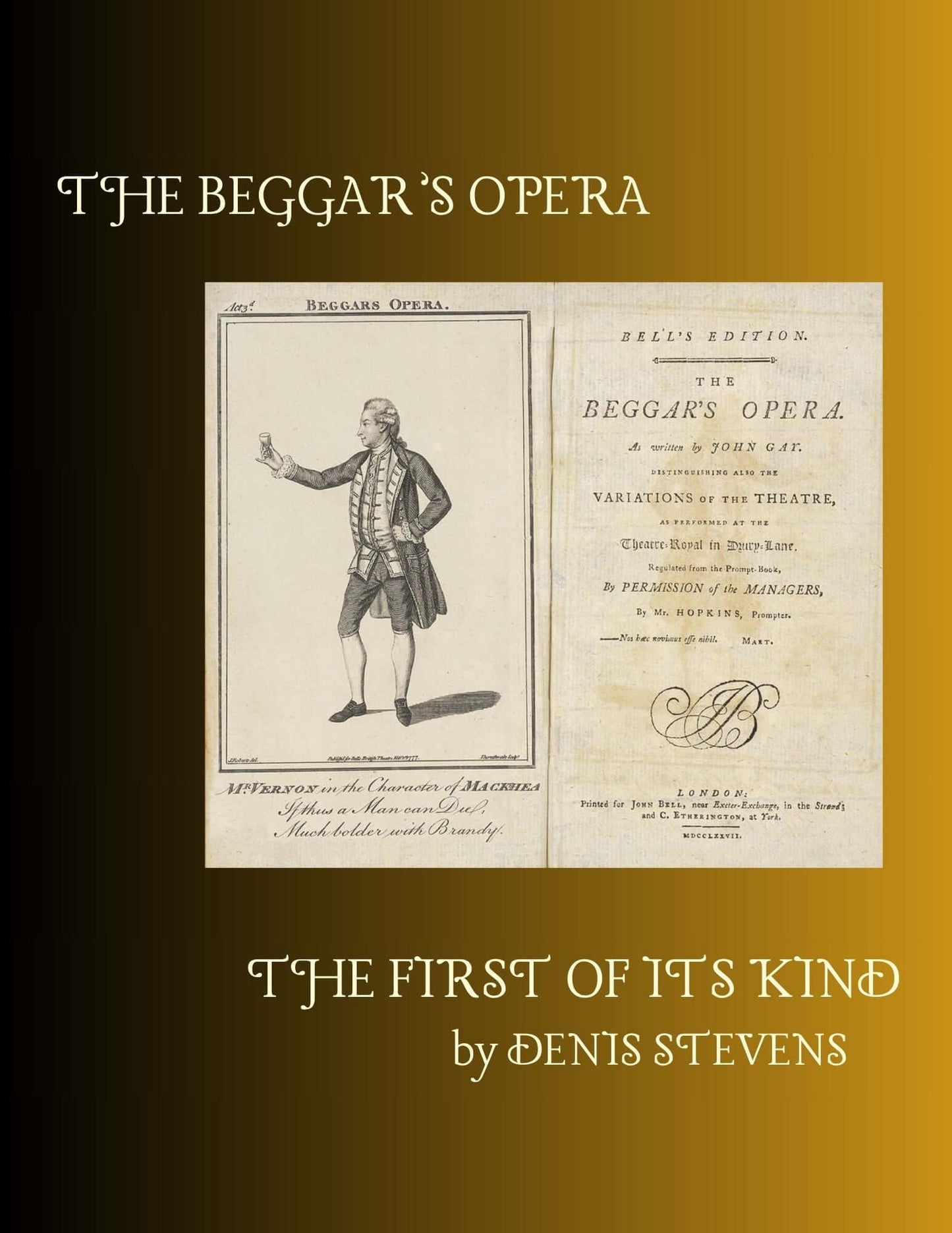1
/
of
1
ESSAY: The Beggar's Opera--First of It's Kind
ESSAY: The Beggar's Opera--First of It's Kind
Regular price
$0.00
Regular price
Sale price
$0.00
Unit price
/
per
The MHS Review 238 Vol. 3, No. 4 • April 16, 1979


00:00
/
00:00
•
skip_previous
play_circle_outline
pause_circle_outline
skip_next

